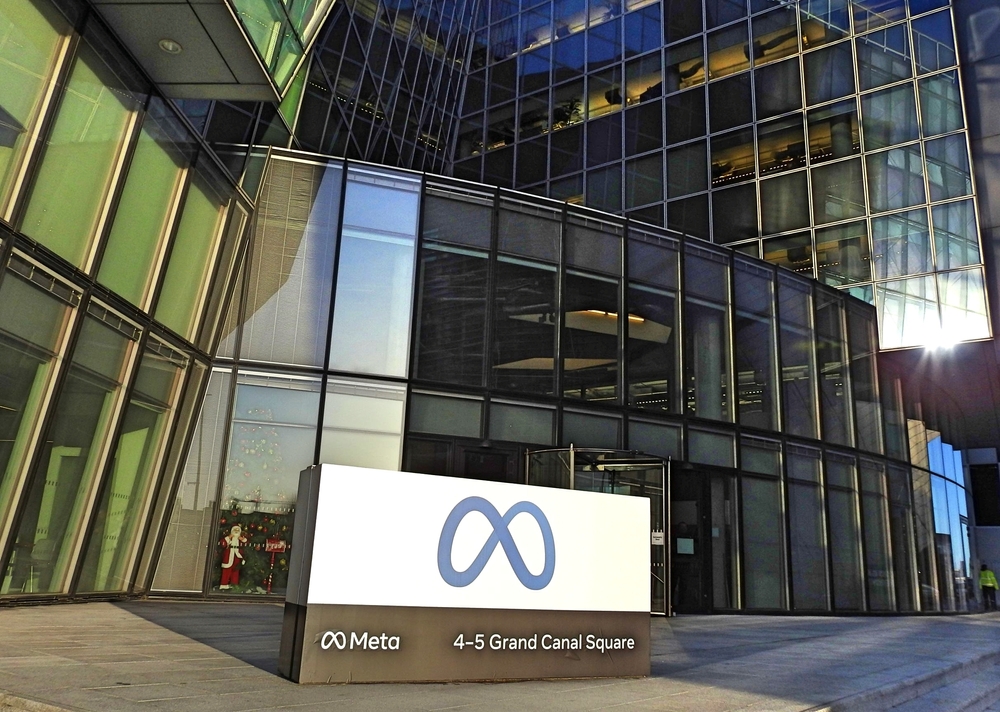Meta has announced significant changes to its approach to censorship across its platforms. CEO Mark Zuckerberg stated that the company will discontinue its third-party fact-checking program, reduce the intensity of content moderation, and gradually reintroduce political content on Facebook, Instagram, and Threads. According to Zuckerberg, these adjustments are meant to promote “free speech” and address the concerns that third-party fact-checkers were “too politically biased.” By embracing a new Community Notes model similar to the one used on Elon Musk’s social network X, Meta hopes to involve users more directly in determining when posts are misleading and whether additional context is needed.
Meta also declared that it is transitioning its trust and safety teams—those responsible for writing content policies and conducting content reviews—from California to Texas and other states in the US. The company suggests that such a move will help ensure that different perspectives are considered and that policies reflect a broader range of opinions. These updates signal a major shift in how Meta will handle disputed content, with a stated focus on illegal and severe policy violations like terrorism, child sexual exploitation, and fraud.

Content Moderation and Fact-Checking
Meta’s discontinuation of its third-party fact-checking program is intended to “restore free speech,” replacing it with the Community Notes feature. Zuckerberg explained that these changes come after observing that third-party fact-checkers “destroyed more trust than they built, especially in the US.” By allowing people with diverse views to weigh in, Meta believes it can provide users with helpful information while preserving fewer biases.
The Community Notes feature, already live on Musk’s X platform, will launch first in the US. Meta plans to refine it throughout the year to address misinformation in a way that, as Zuckerberg puts it, “gives people information about what they see.” While severe violations—such as terrorism or child sexual exploitation—remain a primary concern, Meta acknowledges that automated systems designed to detect policy breaches have sometimes flagged normal posts. Consequently, the new approach will rely more on user reports before taking action on less serious infractions.
In addition, restrictions on immigration and gender topics have been lifted. Meta states that this move aims to encourage broader conversation and reduce unnecessary censorship, though the company stresses that any content constituting illegal or severe violations will still be removed.
Return of Political Content and Outlook
Previously, in 2021, Meta reduced the amount of political content on its platforms due to user complaints. Now, the company is gradually bringing it back, but with a more “personalized approach.” Political posts will be shown to users based on their interactions, such as likes, comments, and views. This change comes as Meta seeks to foster open dialogue while giving users some control over what they see.
Zuckerberg attributes these shifts to a renewed commitment to free speech and a desire to “fight back against governments around the world” that he believes are expanding censorship. He specifically mentioned Europe’s increasing number of laws, secret courts in certain Latin American countries, and China’s outright ban on Meta apps. According to him, the only way to counter this global push toward censorship is by supporting the US government.
NIX Solutions notes that major US tech companies, including Meta, are currently trying to strengthen relationships with the new administration. Meta previously donated $1 million to Trump’s inaugural fund, and records indicate other companies also donated. Zuckerberg’s relationship with Trump has had its complications, with the president-elect once calling Facebook “the enemy of the people” in a CNBC interview. In 2021, Meta suspended Trump’s Facebook and Instagram accounts for two years, highlighting the evolving and often contentious dynamic between the platform and political figures.
These developments underline Meta’s broader attempt to balance user demands, regulatory pressures, and its own vision of free expression. We’ll keep you updated on how these policy changes impact the platforms’ content landscape and how users across different regions respond.
